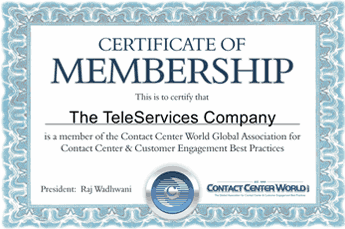Who Should Attend?
Managers, senior managers, middle level management, andothers who need to develop their managerial skills for enhanced performance andcareer progression.
About The Program
Our 3 day Programon Interpersonal Skills will help you improve your professional communicationskills and be able to communicate a lot more effectively, with people gettinginfluenced and creating cooperation.
Differentorganizations have different levels of challenges in the work place environment– the workload, hierarchy, cultural differences, working with different stakeholders across levels. Interpersonal skills build healthy and positive workingrelationships with fellow colleagues and various stake holders. You startsharing emotions, differences, conflicts, feedback and all communication in avery constructive manner.
By improving yourinterpersonal communication skills, or ‘people management skills’, you are ableto deal with new and trying situations. You recognize how you come across toothers by being aware of your body language, tone of voice, style of speaking, notbeing intimidating; and say what you need to say without offending anyone orcreating conflict at the workplace.
This Program is interactive,practical and lively. It walks participants through workplace scenarios, bestpractices sharing and different situations in which they practice and developstrong interpersonal skills to interact well with other people.
Program Objectives
- Gain a better understanding of yourpersonal style and how it impacts others
- Improve the “people” side of your job
- Create a positive work environment
- The difference in being ‘assertive’and ‘aggressive’
- Develop active listening skills thatpromote better work relationships
- Influence others positively
Program Content
DAY ONE
- Different kinds of interpersonal stylesand impacts to an organization
- Self and peer assessment of yourinterpersonal skills
- Qualities of great interpersonalperformers
- Avoiding emotional triggers and takingcontrol
DAY TWO
- Strategies for interacting with thosewho are different from you
- Identify gaps of interpersonal habitsfor personal improvement
- Speaking the language of the audience
- Master active listening andquestioning skills to connect with your people
- Understanding body language andnonverbal cues
DAY THREE
- Learning the power of praising andstaying in touch
- Delivering positive and constructivefeedback effectively
- Handling diverse and difficult peoplewith more understanding






